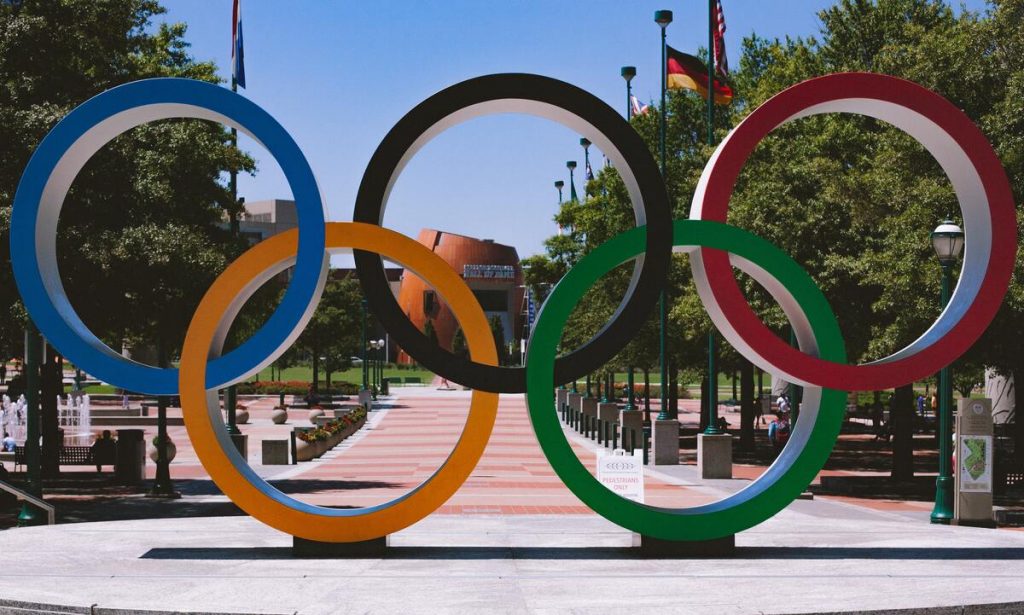The woke generation is a group of people who are aware of some problems in the world, like social injustices, discrimination, and environmental crises. They have attracted some global support and criticism. Being woke can be progressive, but it can also be toxic that some people label them as “snowflakes”. Getting woke has allowed us to question many things in our world. These are things that our conditioning taught us to accept as the truth.
Some questions that surfaced as a response to the recently concluded Olympics are, “Is the Olympics still relevant?”, “Should the Olympics be canceled?”, “What happened to the stadiums from the past games? and “Do the Olympics do more harm than good, especially for the country hosting it?”
The Olympics swept these issues under the rug, and maybe even under the doormat, hidden anywhere from plain sight. This didn’t allow conversations about these issues to continue their momentum. But, with the recent Olympics being allowed to happen in the middle of a pandemic, these issues have resurfaced, and the international sporting event is under the woke generation’s scrutiny once again.
A Short History Of The Olympics
The word “Olympics” came from the town’s name in Greece that first hosted the tournaments from 776 BC to 393 AD, long before the games evolved into the ones we know of today. The modern version of the Olympics returned after 1503 years of being absent. Baron Pierre de Coubertin, a French man, was the one who proposed the idea of bringing the ancient tournament games back in 1894. In 1896, Athens became the first city to host the modern Olympics.
The Modern Olympics
Fast forward to 2021, the most recent Olympics was held in Tokyo. And prior to the games, locals were already taking it to the streets to ask their government to cancel its hosting for several reasons. A survey shows that 83% of the respondents didn’t want Tokyo to hold the Olympics.
These protests were proof of how unwelcomed the tournament has grown to become, especially for the residents of the host countries. But why is that?

-
-
The pandemic is not yet over
-
Tokyo postponed the original schedule of hosting the Olympics in 2020. But, as more countries started vaccinations and have more effective testing and social distancing measures, the games were allowed to happen in 2021 to the dismay of many locals.
Even though many countries are easing their restrictions, and even if some people may believe and behave like the pandemic is over, it isn’t yet. Experts even warned that a sports event as massive as the Olympics could turn into a superspreader crisis. And this is the catalyst that sparked outrage in Japan’s capital city as locals expressed their disapproval of the tournament.
-
The cost isn’t worth it
The host countries of the Olympics are responsible for developing a creative and ambitious plan for the stadium they will build to host the games. Whenever the Olympics chooses a country for this role, it is a significant moment because it is a prestigious event. Still, it burdens the locals with the world’s expectations and their desire to meet them.
The original plan for the Tokyo stadium almost reached $2 billion until Japan revised it to a new design that cost half as much. It costs a huge amount of money to make the Olympics happen that some past host countries went into debt after spending considerable money to live up to the hype
-
The event is not sustainable
Besides dumping more carbon emissions into our atmosphere during the flights of all the Olympics athletes, the stadiums that host the games aren’t sustainable. Some of them were abandoned and left to disrepair after the games. Think about how a considerable sum of money was used for a one-time event. Although some countries reused the stadiums as tourist attractions or university stadiums, repurposing them also costs billions of dollars.
The Future Of The Olympics
This decade will determine the future of the Olympics. The tournament will come back in 2024 in Paris, and the succeeding ones will be in Milan-Cortina in 2026 and Los Angeles in 2028. It sounds promising and all we can do right now is hope that it will go as planned.
It seems the woke generation’s outcry has already become so loud that the Olympics is promising for future events to be more sustainable, less expensive, with each host country using any existing venues while employing locals to bring the event to life. Let’s hope that will be the case. It seems we will find out after two years.

